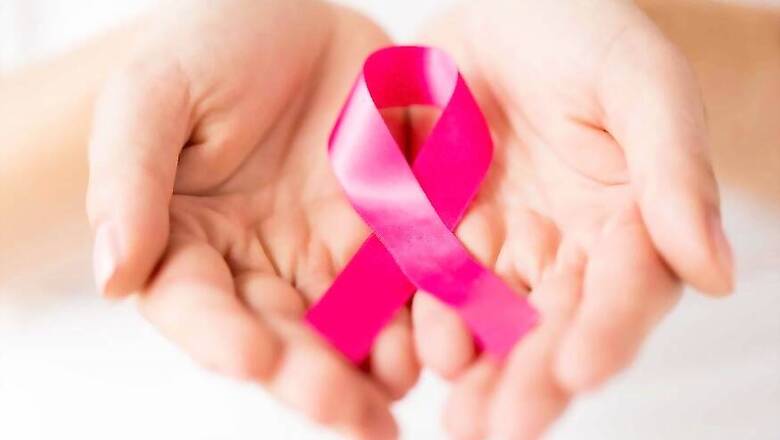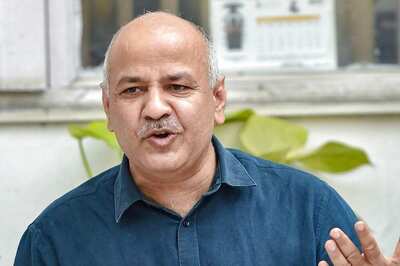
views
Cancer is the second most common cause of death in India, after cardiovascular disease. According to National Institute of Cancer Prevention and Research, the cancer burden in the country is significantly high and is expected to rise with increasing life expectancy and changes in lifestyle. There is also quite a bit of dilemma and confusion surrounding different aspects of the disease alongside several myths which need to be addressed.
Myth 1: Cancer is contagious
While cancer itself is not contagious, in some cases viruses that are infectious can lead to the development of cancer. Some of these include the Human Papillomavirus virus that can cause cervical cancer through sexual transmission, Hepatitis B and Hepatitis C which can cause liver cancer through sexual transmission or the use of infected needles and Helicobacter pylori bacteria which can cause stomach cancer through germs which enter and live in the digestive tract.
The only situation in which cancer can spread from one person to another is in the case of organ or tissue transplantation. A person who receives an organ or tissue from a donor who has been a cancer patient may be at increased risk of developing a transplant-related cancer in the future.
Myth 2: A family history of cancer indicates that you will acquire the disease
Although having a family history of cancer increases the risk of developing the disease, it is not a definite predictor. Only about 5 to 10 % of cancers are caused by harmful mutations that are inherited from a person’s parents. Similarly, if no one in your family has suffered from cancer, it does not guarantee that you will not get the disease as genetic changes occur in the body throughout the life span owing to factors such as age, exposure to environmental factors, stress and smoking among others.
Myth 3: Cancer cannot be treated post a certain age
There is no age limit for undergoing cancer treatment and elderly patients can respond as well to treatment as compared to their younger counterparts. Therefore, patients with cancer should receive the treatment that is best suited to their condition, regardless of age.
Myth 4: Cancer patients cannot lead a normal life
While cancer patients need to follow a healthy lifestyle for effective management of the disease during and post treatment, they can continue with their routine activities on a daily basis. Patients who are working, can resume office on a full-time or part-time basis (depending on the severity of the condition) even while undergoing treatment.
Myth 5: Cancer treatment and recovery are painful
Cancer is usually not painful during the initial stages, however as it grows and spreads it may cause pain. In majority of cases, the pain can be successfully treated with medication or pain management techniques such as relaxation therapy. There are supportive medicines available to overcome the side effects of treatment and techniques of delivery are refined and advanced to reduce the side effects.
Myth 6: Herbal products can cure cancer
Although alternative or complementary therapies, including some herbs, may help patients cope with the side effects of cancer treatment, herbal products have not been scientifically proven to be effective in treatment of cancer. In fact, some herbal products may be harmful when taken during chemotherapy or radiotherapy because they may interfere with how these treatments work.
Myth 7: Hair dyes and antiperspirants can cause cancer
According to the National Cancer Institute, there is no conclusive scientific evidence to suggest that these items increase the risk of developing cancer. However, it is advisable to choose products that don’t carry harmful chemicals such as aluminum compounds and parabens.
Myth 8: Cancer is fatal
Technological advancements in cancer detection and treatment have increased survival rates for most common types of cancer such as breast cancer and lung cancer. In fact, many patients with cancer survive five years or more after their initial diagnosis through sustained treatment.
(Author Dr Tejinder Kataria is Chairperson, Radiation Oncology, Cancer Institute, Medanta)




















Comments
0 comment